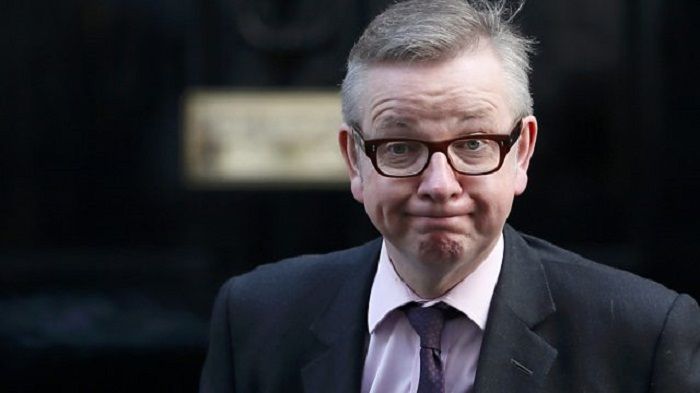Politics and the art of deflection
It’s no secret that a major part of a politician’s job description is avoiding questions it may be best not to answer directly. A recent interview between the BBC’s Laura Kuenssberg and Justice Secretary Michael Gove shows a typical rally between journalist and politician with an interesting twist.
Pressing Gove on his claims that David Cameron’s recent EU renegotiations aren’t legally binding at an EU level, Kuenssberg faces the age old challenge of trying to get a straight answer out of a politician. Gove is in the position of campaigning against the Prime Minister, who also happens to be his boss, on the EU referendum. Politicians campaigning on an issue usually jump at the chance to label their opponents misleading, but here Gove has the task of being critical without undermining him.
When pressed on whether he disputes the legal status of Cameron’s deal, he replies ‘’let’s not put words into my mouth’’. Ultimately though, he does dispute it. While he point blank refuses to say the Prime Minister is wrong or has been misleading, by insisting that the ‘’European Court of Justice is not bound by this agreement’’ he is arguing that the Prime Minister is, well, wrong. And by default, as Kuenssberg points out, he has also been misleading.
Gove knows he’s been called out, but he’s not flustered enough to crumble. Again, this is a key part of any politician’s resume; you must be resolute enough to deflect logical argument, and able to hammer home your point no matter what. When the interview made headlines for all the reasons Gove had tried to avoid, he managed to cover his back because technically, no criticism was made of the Prime Minister himself.
#Gove #Farage attempting to sow doubts on legality of EU deal. Seems a bit desperate to me. Undecided voters will see through weak ploy.
— Guido Manca (@GuidoManca) February 24, 2016







Leave a Comment